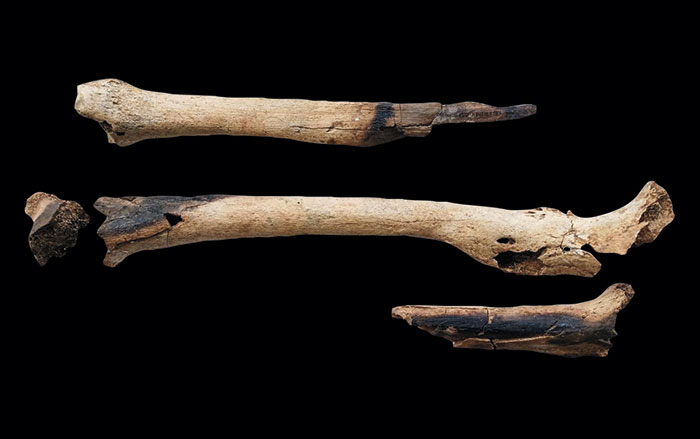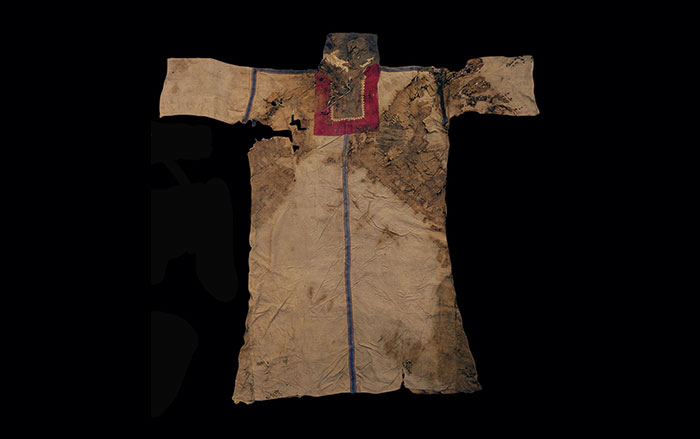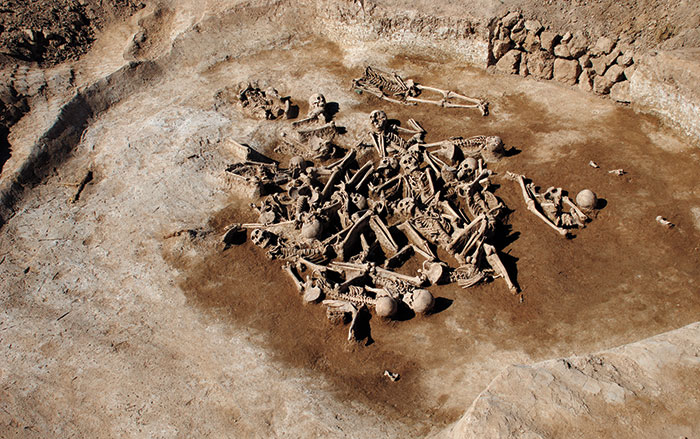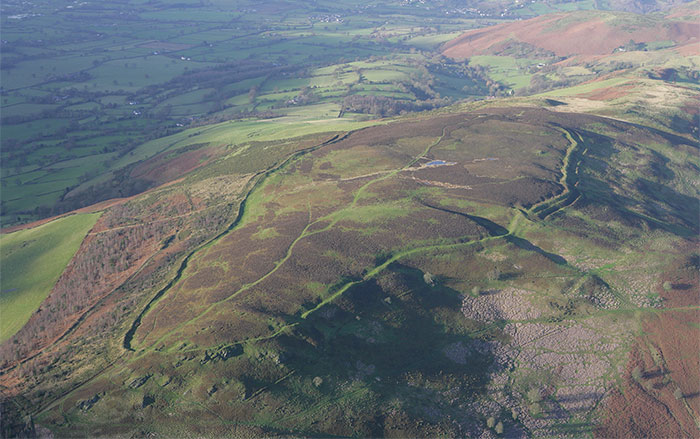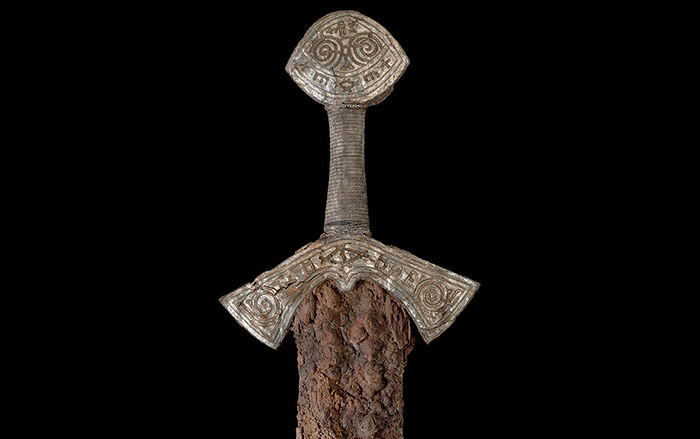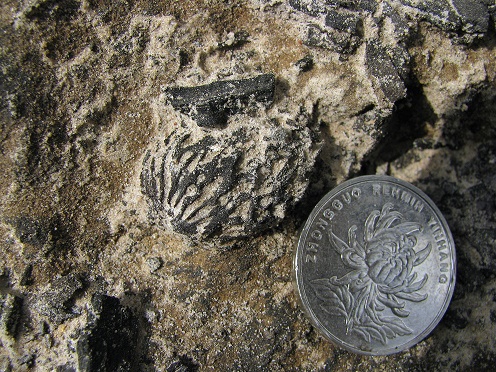
UNIVERSITY PARK, PENNSYLVANIA—Tao Su of the Xishuangbanna Tropical Garden discovered eight well-preserved fossilized peach pits more than 2.5 million years old near his home in southwest China when road construction crews exposed a rock outcrop dating to the late Pliocene. Archaeological evidence suggests that peaches were domesticated in China some 8,000 years ago, but remains of wild peaches had not been found until now. Su took the peach pits to Penn State, where they were dated and studied while he was a visiting scholar. “Is the peach we see today something that resulted from artificial breeding under agriculture since prehistory, or did it evolve under natural selection? The answer is really both,” Peter Wilf of Penn State University said in a press release. “If you imagine the smallest commercial peach today, that’s what these would look like. It’s something that would have had a fleshy, edible fruit around it. It must have been delicious,” he added. To read about looting of ancient sites in China, go to "Letter from China: Tomb Raider Chronicles."



